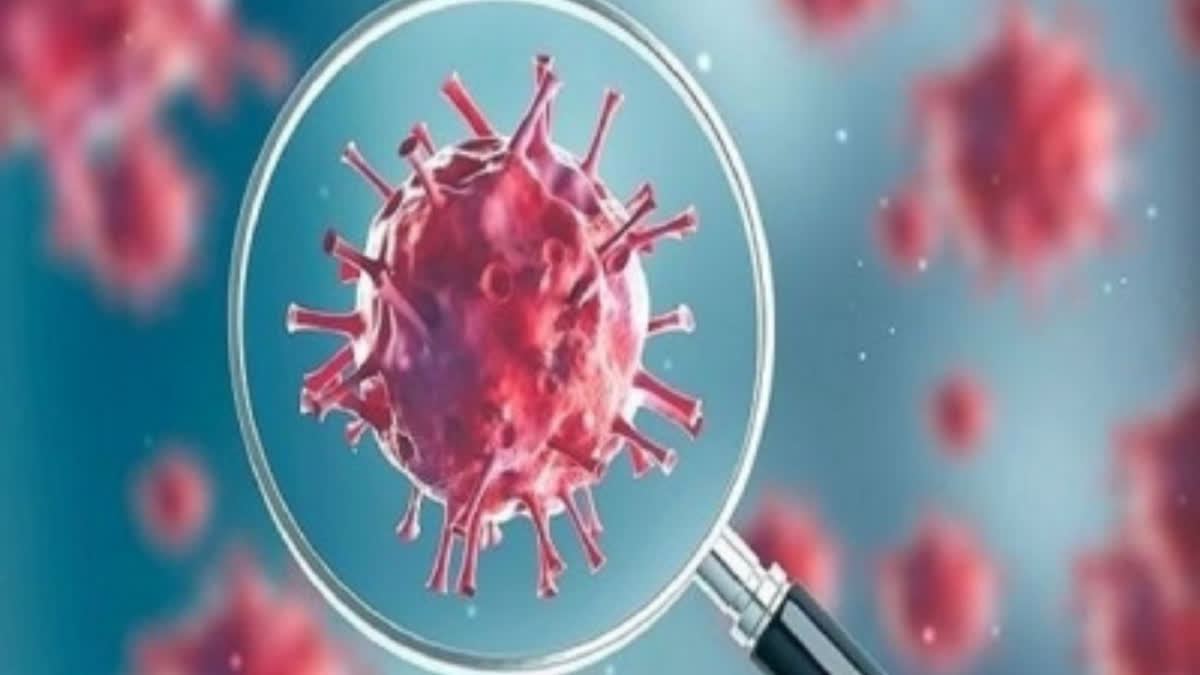New Delhi : The Centre on Monday asked states and union territories to maintain constant vigil amid an uptick in COVID-19 cases and the detection of the first case of the new JN.1 variant in the country.
In a letter to states and union territories, Union Health Secretary Sudhansh Pant underlined that "due to consistent and collaborative actions between the Centre and state governments, we have been able to sustain the (COVID-19) trajectory at sustainable low rates".
"However, as the COVID-19 virus continues to circulate and its epidemiology behaviour gets settled with Indian weather conditions and circulation of other usual pathogens, it is important to keep the momentum going to effectively deal with the challenges in public health," he said. Recently, a few states like Kerala have reported a slight increase in the number of COVID-19 cases, Pant noted.
India's first case of COVID-19 sub-variant JN.1 was detected in Kerala on December 8. Earlier, a traveller from Tamil Nadu's Tiruchirapalli district tested positive for the JN.1 variant in Singapore. Considering the upcoming festive season, Pant said, states should put in place requisite public health measures and other arrangements to minimise the risk of transmission of the disease.
States have been urged to ensure effective compliance of the detailed operational guidelines for revised surveillance strategy for COVID-19 as has been shared by the Union Ministry of Health and Family Welfare. They have asked to monitor and report district-wise cases of Influenza-like Illness (ILI) and Severe Acute Respiratory Illness (SARI) in all health facilities regularly for early detection of rising trend of cases.
States were also advised to ensure adequate testing in all districts as per COVID-19 testing guidelines and maintain the recommended share of RT-PCR and antigen tests. In his letter, Pant also stressed the need to increase the number of RT-PCR tests and send positive samples for genome sequencing to Indian SARS COV-2 Genomics Consortium (INSACOG) laboratories to enable timely detection of new variants, if any, in the country.
The states were asked to promote community awareness to seek people's continued support in managing COVID-19, including adherence to respiratory hygiene. Stating that the first case of JN.1 (BA.2.86.1.1) has been detected in India, Pant attached details about the variant in an annexure.
It stated that JN.1 (BA.2.86.1.1) emerged in late 2023 and is a descendant of the BA.2.86 lineage (Pirola) of SARS COV2. The BA.2.86 lineage, first identified in August 2023, is phylogenetically distinct from the circulating SARS-CoV-2 Omicron XBB lineages, including EG.5.1 and HK.3.
Read More



